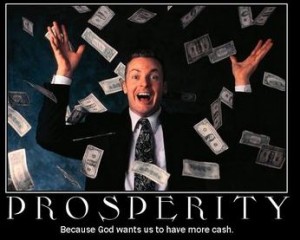Yesterday I shared how I don’t want to be like the religious leaders of Jesus’ day who exhorted the wealth from people who could not afford it. Jesus closed his condemnation of them by saying their judgment will be severe. These warnings  about the responsibility of religious leaders, those who teach God’s Word, to exercise care in their exhortation to their congregations always give me pause. I have found in my life that God blesses me when I give and I’m convinced that’s a biblical principle explained in Proverbs 11:24, “One gives freely, yet grows all the richer; another withholds what he should give, and only suffers want.” But to exhort or beguile through guilt or any other means the poor to give what they cannot afford is a crime against God’s love.
about the responsibility of religious leaders, those who teach God’s Word, to exercise care in their exhortation to their congregations always give me pause. I have found in my life that God blesses me when I give and I’m convinced that’s a biblical principle explained in Proverbs 11:24, “One gives freely, yet grows all the richer; another withholds what he should give, and only suffers want.” But to exhort or beguile through guilt or any other means the poor to give what they cannot afford is a crime against God’s love.
Many preachers today from their pulpits and from the television exhort, coerce or manipulate the poor to give with promises of wealth in return. We see it all the time. The poor seem to be more susceptible to “get rich quick” schemes than those content with a mediocre income. Most lottery tickets are purchased by the poor. Most gambling is done by the poor. When gambling is introduced to a community the need for homeless shelters and free meals always increases. I find it fascinating that God didn’t condemn the widow who gave “all she had” but the religious leaders who “cheated widows” out of their wealth.
I believe God will care for the widow, but I’d advise her to pay her rent before she gave. I’d advise her to buy groceries and pay her utilities before she gave. But then to arrange her life and her finances to enable her to give generously in the future. I would not want to be numbered with the Religious leaders of Jesus’ day or with the “name it and claim it” preachers of today. One commentator writes, “The waves of our indulgent, selfish, materialistic society have washed ashore on Christian theology in many forms, including the prosperity gospel. Although the Bible teaches that God is sovereign and man is His servant, the prosperity gospel implies the opposite. Teaching that claims we can demand things of God is spiritual justification for self-indulgence. It perverts prayer and takes the Lord’s name in vain. It is unbiblical, ungodly, and is not directed by the Holy Spirit.”